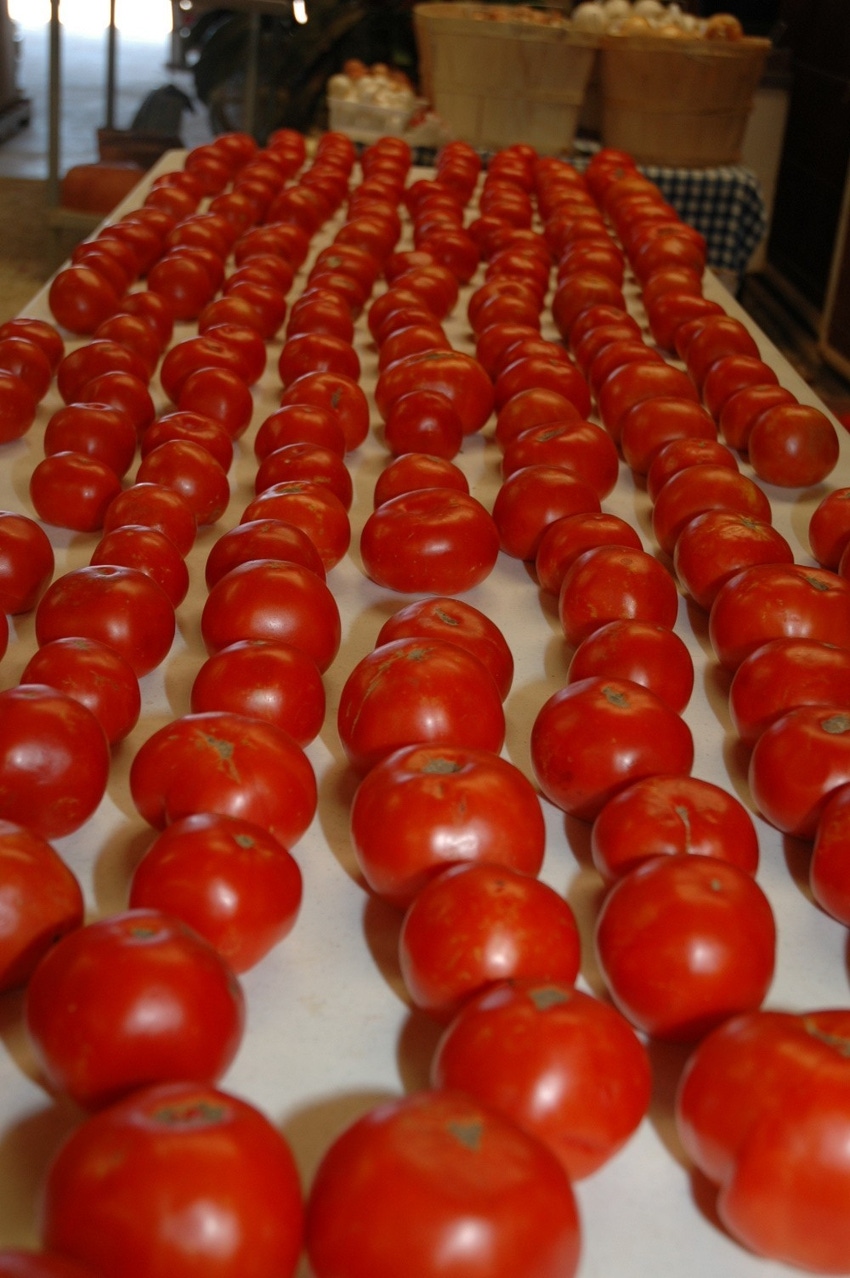
While raising cattle and growing large-volume commodity crops like cotton and grain sorghum are central to the agricultural economy of Texas, there was a time not long ago when the fresh fruits and vegetables of Texas were well recognized and some even considered legendary.
Those old enough to remember drive-in movies or vanilla cokes at the drug store fountain probably remember when Pecos cantaloupes and Luling watermelons were the kings of sweet in Texas, and Poteet strawberries and Crystal City spinach were beyond compare.
Then there were Noonday onions in East Texas, Rio Grande Valley oranges and Ruby Red grapefruit, Valley onions and cabbage, fresh produce and vegetables like cucumbers, Big Boy tomatoes, corn, okra, greens and more grown in the Texas Winter Garden. What Texan hasn't enjoyed famous peanuts from Floresville, peaches and blackberries of the Hill Country or native pecans grown just about in every corner of the state?
For the latest on southwest agriculture, please check out Southwest Farm Press Daily and receive the latest news right to your inbox.
While many of these products are still grown in some of these areas, there is little argument their significance has declined down through the years, and for a number of reasons, like stiff competition from imports, higher and ever-growing input costs and the availability of water for irrigation.
But for those that remember the fresh foods of Texas from their youth, modern versions of their replacements just haven't seemed to live up to the standards of freshness and, more importantly, superior flavor of the fresh food we grew up with.
Craig Nessler, the director of Texas A&M AgriLife Research, agrees.
Nessler says AgriLife researchers are stepping up their game when it comes to fresh fruit, produce and vegetables grown in Texas, with an emphasis on how to get back to the days when homegrown food tasted better.
“We have renewed our commitment to the produce industry and have been hiring new faculty in our Winter Garden research station in Uvalde and also in the Rio Grande Valley at our Weslaco Center, which we acquired after the USDA research center closed and deeded us the facility there,” Nessler said. “We are working with local producers and grocers in developing fruits and vegetables that are not only healthy but also with better flavor.”
LOOKING FOR FLAVOR
Nessler says fruit and vegetable breeders have been accused of sacrificing flavor in an effort to develop food products that can stand up to the rigors of packaging and long-distance shipping, and admits that as a result things may not taste the same as once they did. New research, he said, is needed to put the flavors back into food while trying to preserve the benefits of breeding techniques that help keep fruits and vegetables fresh.
“We hope to develop tomatoes and other food products that are highly flavorful and don't have to be shipped very far and can be distributed by our local grocery retailers in Texas.”
Nessler says Texas A&M researchers acquired an excellent facility in Weslaco when the federal government made the decision to shut down their facility in the Valley nearly four years ago. With recent additions in that faculty, the new A&M research center provides an ideal place to develop fresh, better tasting foods of Texas.
Weslaco is at the epicenter of the highly productive Texas citrus industry, and the Valley is also where many vegetables and fresh produce is grown. While produce and vegetable production has declined considerably in the Valley in recent years, Nessler hopes new research and new, better tasting varieties can help local producers grow fresh, local food products to meet a growing demand for more flavorful fresh foods at Texas grocery stores.
Researchers in Uvalde will be working with Texas Winter Garden producers by staging trials based upon the latest research efforts to develop better tasting local food at both AgriLife facilities.
Industry officials say consumer demand for fresh, healthy and secure local food products is growing, and Nessler and other researchers say they think it may represent an opportunity for local growers to find new markets for fresh Texas fruits and vegetables.
About the Author(s)
You May Also Like




